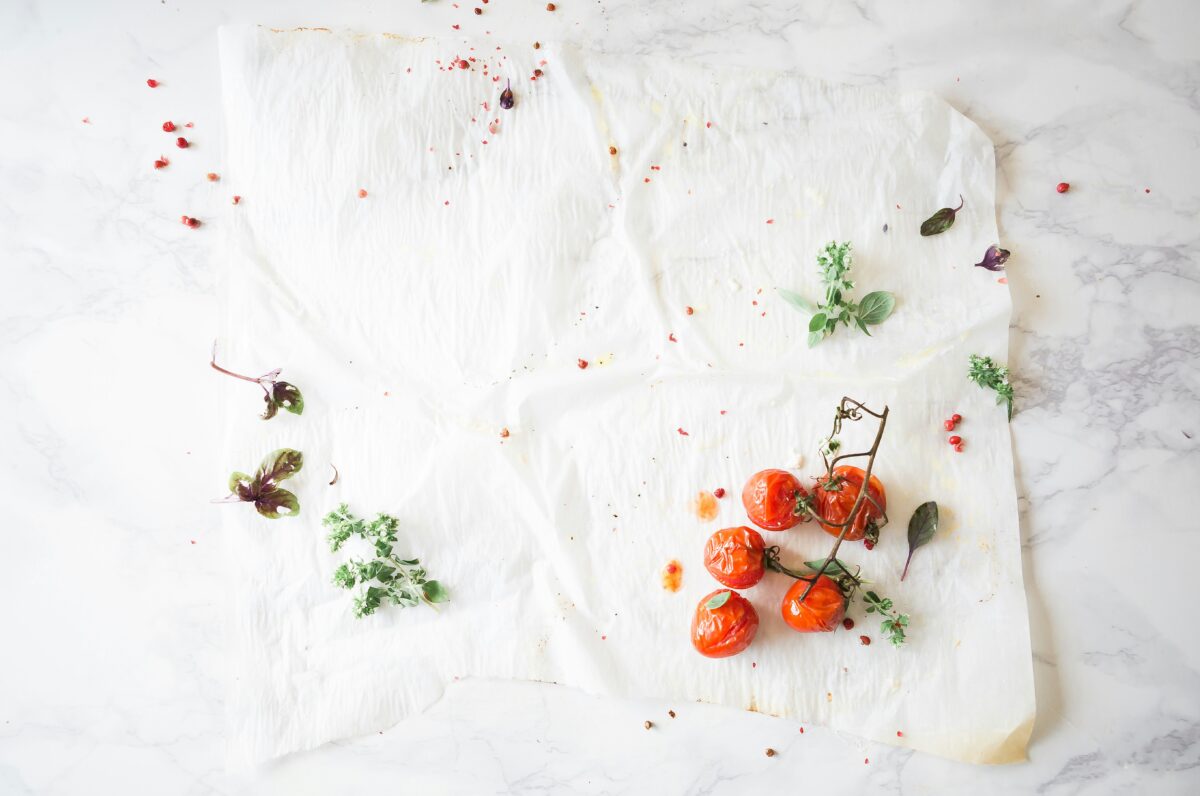Small Fictions, Small Kitchens
Elliot Koubis blends fiction, poetry and autobiography to discuss the issue of small kitchens, college and kitchen rage, with a recipe for carbonara.
When I think about my college kitchen, I instantly feel its cramped space against my skin: the fake marble countertop mottled with crumbs; the stagnant, yellowish water pooling in the crevices underneath the drying rack. I can sense that my college doesn’t want me to be here. All those meals I’ve taken to my room, for lack of a dining room, and even those meals I’ve eaten standing up, either with company or alone, perched in the corner by the microwave. All these memories serve as a niggling reminder that college doesn’t want me to spend my money on what I want to eat or what my body needs, but on what it wants me to buy. In other words, if I focus on my body, I risk being ostracised.
***
However, claims such as ‘I love cooking’ and ‘I love food’ ring like empty platitudes when I remember all the spoons I’ve hurled into the sink from across the kitchen. That shrill smash, metal on metal, rings so long in that small, stifling space and even longer in my head.
***
I think of all the ways in which college infantalises me. A scout cleans my room, gives me bedsheets and is obliged to confiscate my cleaning supplies. If I choose, I could eat in hall and never have to cook. When I feel crumbs in the carpet under my feet, the college would rather have me wait, like a child who’s made a mess in their bed, for someone other than myself to clean them up.
***
I have cooked in many small kitchens, and I have even enjoyed doing so. I remember cooking Greek meatballs for twelve in an apartment in Paris during my year abroad, relying on two hotplates and a shaky countertop oven. I even offered a vegetarian option. So many unexpected connections were made in that small, open-plan kitchen, framed by wooden beams and white-daubed walls.
***
Conveniently, I’ve forgotten all the jostling in small bars and cafés, the rush of claustrophobia, the red plush of a knife sinking into my finger, the crushing feeling of screwing up.
***
It’s okay not to want to cook.
***
I remember our old summerhouse on the Greek island of Aegina, with the yellow tiles, camping gas stove for Greek coffee and the smell of mothballs. The smell of my grandparents. The cupboards contained a complete set of table and glassware, expecting a whole family. However, it would mostly just be me, mocking up simple meals to eat on the balcony overlooking the bay, the sun setting in its centre. I remember the light reflecting off the waves, so much light they carried heat. Cicadas humming.
We sold that house and everything in it.
***
In our new home, our bigger kitchen promised greater possibilities. A kitchen island for multi-tasking, a bigger fridge to fill with jars of homemade pickles, sourdough starters and kimchi. And a freezer to myself for keeping chicken carcasses and raw bones to make stock.
Despite all that space, I still remember the rage.
I should write ‘my’ rage, although I don’t know to what extent something that brings you outside of yourself can be ‘yours’. Or whether the rage that traverses your body can belong to anyone. Nevertheless, I was responsible for everything. I am sorry.
***
In my college kitchen, I unbox a pasta machine I’d bought for £8 from a charity shop. I am burnt out, again. I take the day off.
I play Volare by Domenico Modugno on my phone propped up on the countertop. I take my dough of pasta flour and egg yolks and slowly roll it over and over again through the rollers, narrowing them bit by bit, extruding the pasta finer and finer, as thin as paper.
My turns of the hand-crank acquire a rhythm. Becoming part of a mechanical process, I escape myself. Making something new makes me anew.
Out comes fresh spaghetti ready for carbonara. The sun filters through the window, the sun through all the windows I’ve cooked beside.
***
in the camera flash of a bird
slicing through the sun, this room became
another room worth remembering.
***
I send a video to my partner and my friends of the pasta machine and, for the first time in a while, in that small kitchen, I see myself reflected back, smiling.
***
Spaghetti Carbonara (serves 4), adapted from Recipes from Italy
350g spaghetti
200g of guanciale (see my previous article), diced
4 medium eggs
100g pecorino romano (or 70g pecorino with 30g parmigiano reggiano), plus extra to serve
Ground black pepper
- Put your plates in the oven on a low heat to keep them warm.
- Starting with a cold frying pan, brown the diced guanciale on a medium-low heat for around twenty minutes until crispy. There should be plenty of rendered fat in the pan once they’re done.
- Meanwhile, mix the eggs with the cheese and a pinch of pepper in a bowl until you form a paste. Set aside.
- Cook the spaghetti in well-salted water according to the packet instructions until al dente. Drain and reserve some pasta water.
- Toss the spaghetti into the pan with the guanciale, making sure to spread the rendered fat from the meat all over the pasta. Turn off the heat.
- Add the egg and cheese paste and stir vigorously. If it’s too thick, add pasta water; if it’s too thin, add more grated cheese.
- Serve on the warmed plates in nests. Top with extra cheese or pepper to taste.

